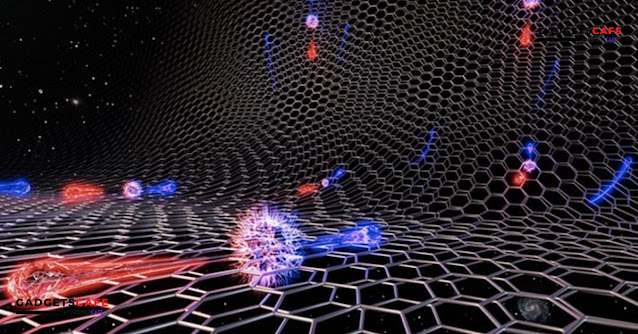A group of scientists reported a startling discovery: they were able to make matter from nothing. According to a report in Big Think, the experiment was carried out in January 2022, in which powerful electric fields were formed in a small laboratory utilising the unique qualities of grapheme, allowing the synthesis of particle-antiparticle pairs from nothing at all. It should be highlighted, however, that there is no such thing as totally empty space, according to physical rules. There exist quantum fields even when there are no particles.
The latest experiment, according to Big Think, revealed that an idea presented 70 years ago was right. One of the inventors of quantum field theory, Julian Schwinger, argued that the Universe may create anything out of nothing.
The Schwinger effect is a hypothesis that anticipated a process in which a strong electric field creates matter. The predictive model is based on quantum electrodynamics (QED), which states that electron-positron couples form spontaneously in the presence of an electric field.
The latest experiment by University of Manchester researchers will help scientists comprehend how the Universe can generate anything from nothing. Researchers were interested in the phenomena after examining the Big Bang idea, which led to the birth of the universe as we know it.
The Schwinger effect has never been detected in a laboratory environment before. Until date, all theories held that it could only occur in high-energy areas like as black holes and neutron stars.
On Earth, laser facilities generate extremely powerful electric fields, but even with the most powerful of them, the formation of matter has never been accomplished.


